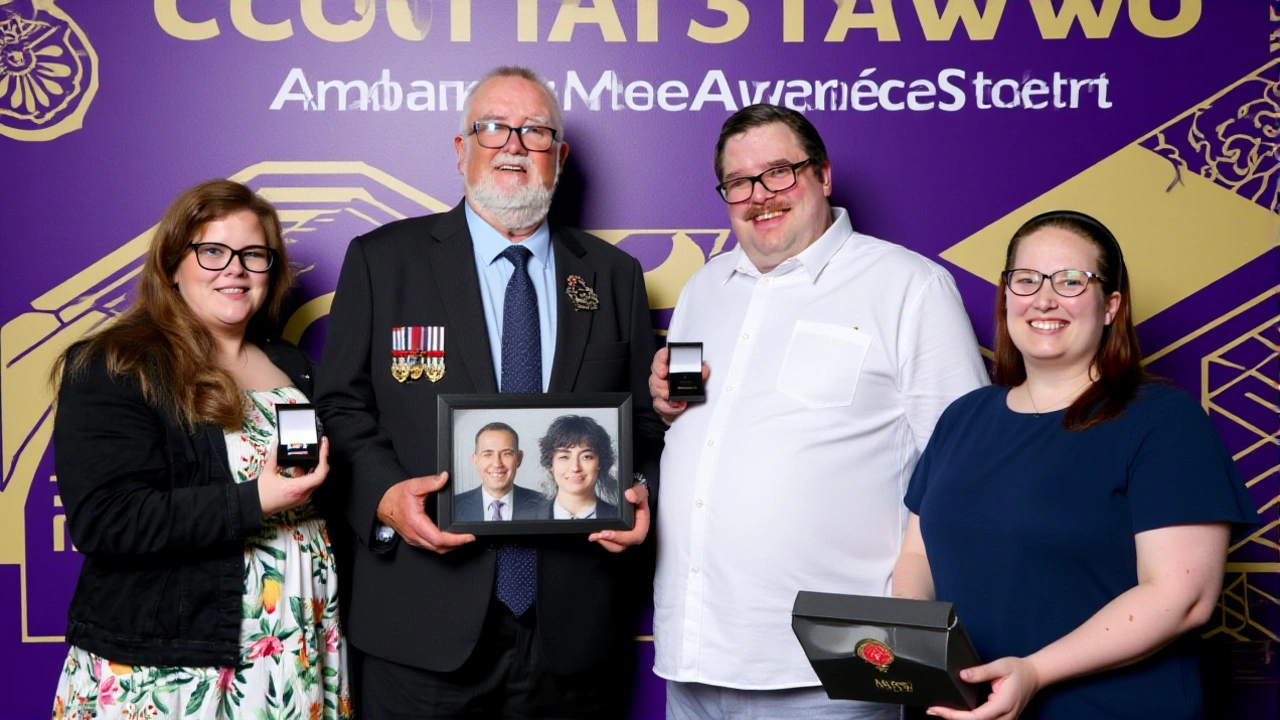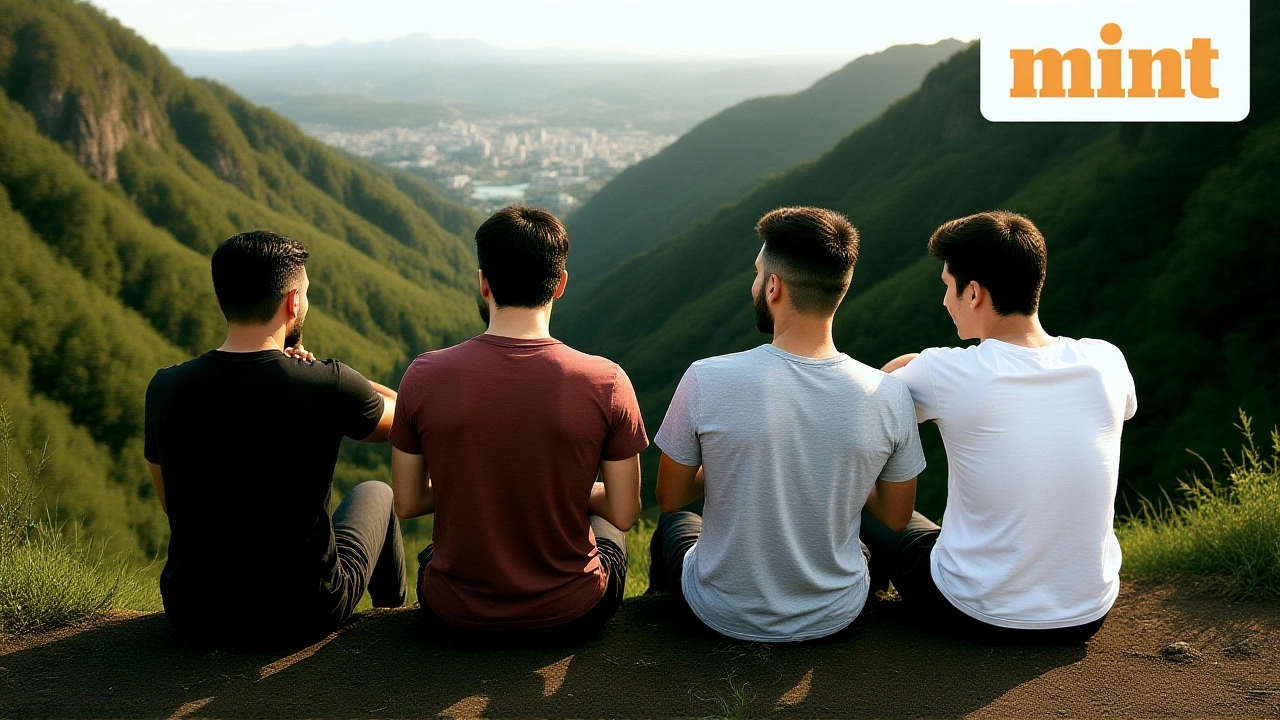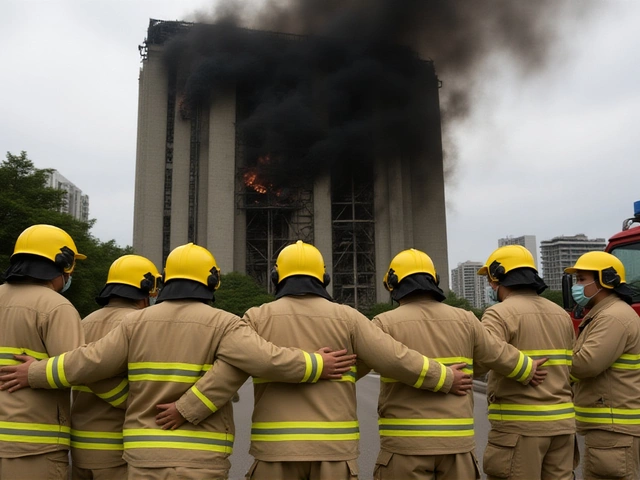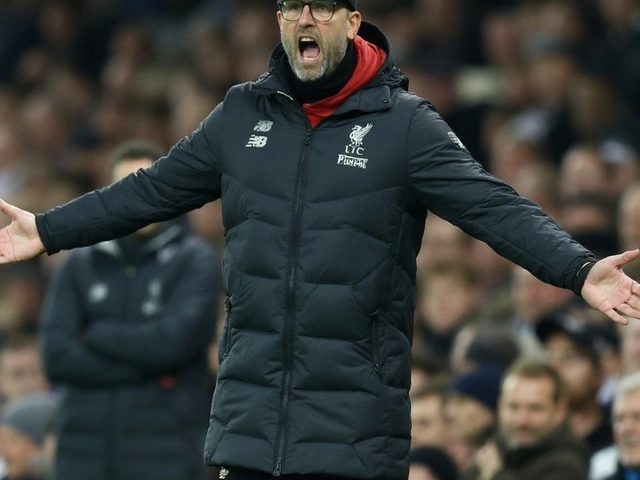On Wednesday, November 19, 2025, International Men's Day will be observed in approximately 80 countries under the theme "Celebrating Men and Boys," spotlighting the quiet heroes—fathers, teachers, mentors, and community leaders—who shape lives without fanfare. The event, anchored by the International Men's Day website (internationalmensday.com), isn’t just a day of recognition—it’s a call to confront the silent crises men face, from rising suicide rates to the stigma around emotional vulnerability. And this year, the spotlight turns to real stories, like that of John Lund, whose life took an unexpected turn after a fall broke four ribs and ended his dreams of joining the RAF.
A Day Built on Six Pillars
International Men's Day doesn’t shy away from complexity. Its framework rests on six pillars: honoring men’s contributions to family and society, encouraging healthy relationships, addressing men’s physical and mental health, confronting discrimination, promoting gender balance, and empowering boys to reach their potential. These aren’t abstract ideals. They’re lived realities. In the UK, men account for 75% of all suicides—a statistic that’s held steady for over a decade. In the U.S., life expectancy for men lags behind women by nearly five years. And yet, conversations about male well-being still feel like whispers in a room that needs a shout.The 2025 theme zeroes in on role models—not the celebrity kind, but the ones who show up. The father who wakes up early to pack lunches. The coach who stays late to listen. The teacher who notices when a boy stops talking. John Lund, now an assistant program manager for Creative and Leisure with Hair, Beauty and Sport, credits his father—a former Burnley footballer forced to retire at 17—for instilling discipline and integrity. "He didn’t have a big salary," Lund said in a November 2025 YouTube video, "but he had a big heart. That’s what I learned to value." He also points to Lionel Messi, whose 2015 hat-trick on Lund’s 30th birthday became a symbol of resilience. "He kept going, even when everyone thought he was done. I related to that."
The Global Webcast: Voices from Every Continent
This year’s centerpiece is a historic 9-hour webcast, running from 3:00 PM to midnight Sydney time (AEDT) on November 19. Organized from Australia’s largest city, the event will stream live to over 150,000 registered viewers across 80 countries. It’s billed as "a global movement in real-time," featuring leaders from South Africa, Canada, Japan, Brazil, and beyond—men and women alike—who’ve dedicated their work to dismantling harmful stereotypes and building support systems."We’re not here to blame or blame in reverse," said one organizer in a pre-event interview. "We’re here to listen. To share stories that don’t make headlines. To say: it’s okay not to be okay." The webcast will include personal testimonials, panel discussions on workplace mental health policies, and live Q&As with youth counselors in rural communities where access to therapy is scarce.
November: A Month of Quiet Movements
International Men's Day doesn’t exist in a vacuum. It’s part of a three-day arc in November that’s becoming a powerful cultural moment. Movember, which began as a beard-growing fundraiser for prostate cancer, now raises over $1 billion globally for men’s health initiatives. Men’s Equality Month, recognized in several nations, pushes for equal parental leave, equitable school discipline policies, and better access to mental health services. Then, on November 20, International Children's Day ties the thread together—highlighting the irreplaceable bond between fathers, uncles, teachers, and the next generation."It’s not about choosing sides," says Dr. Naomi Carter, a gender studies professor at the University of Cape Town. "It’s about recognizing that when men are emotionally supported, families are stronger. Children are safer. Communities are more resilient. This isn’t a zero-sum game. It’s a multiplier effect."

What’s Changing on the Ground
Schools in Ireland are now required to include weekly emotional literacy sessions for boys aged 11–16. In Japan, major corporations like Toyota and SoftBank have launched "Men’s Well-Being Days," where employees can take time off without stigma. In Ghana, community radio stations broadcast weekly talk shows featuring local fathers sharing their struggles with unemployment and fatherhood.Even social media is shifting. Hashtags like #RealMenCry and #DadsWhoListen are trending in over 40 countries. A TikTok campaign from the International Men's Day website features 15-second clips of men saying: "I’m not okay today. And that’s okay." The campaign has garnered 23 million views.
What’s Next?
The 2025 webcast will be archived and made available for schools and workplaces to use as educational tools. The International Men's Day website plans to release a global toolkit by January 2026, with lesson plans, mental health checklists, and guidance for employers on creating men-friendly workplace cultures. Meanwhile, researchers at the London School of Economics are analyzing data from 2025’s events to identify which interventions—community circles, mentorship programs, media campaigns—have the most lasting impact.One thing’s clear: the conversation is no longer about whether men need support. It’s about how we build systems that make that support inevitable, not exceptional.
Frequently Asked Questions
Why is International Men's Day on November 19?
November 19 was chosen to honor the birthday of Dr. Jerome Teelucksingh, a Trinidadian historian who revived the modern observance in 1999. It also falls just before International Children's Day on November 20, reinforcing the connection between healthy fatherhood and child development. The date avoids clashing with other major global observances, allowing focused attention on men’s issues.
How does International Men's Day differ from Movember?
Movember focuses narrowly on physical health—prostate and testicular cancer, mental health funding—through fundraising and awareness campaigns. International Men's Day is broader: it addresses emotional well-being, fatherhood, discrimination, societal expectations, and positive role modeling. While Movember asks you to grow a mustache, International Men's Day asks you to have a conversation.
What role do women play in International Men's Day?
Women are essential participants. They’re often the ones who notice when a man is withdrawing, who encourage him to seek help, or who advocate for workplace policies that support mental health. The day isn’t about excluding women—it’s about creating space for men to be seen and heard, with allies of all genders standing beside them.
Why focus on male role models? Isn’t that just glorifying men?
No. The goal isn’t to idolize men—it’s to normalize healthy masculinity. Too often, boys grow up seeing only two extremes: the stoic hero or the aggressive stereotype. Highlighting role models like John Lund—men who are vulnerable, reflective, and kind—gives boys a third option: someone who’s strong because he’s honest. That’s not glorification. It’s healing.
Is International Men's Day only for men?
Absolutely not. The day is for everyone who cares about human dignity. Mothers, sisters, teachers, friends—anyone who’s ever encouraged a man to talk, to rest, to be more than a provider or protector—is part of this movement. The webcast, for instance, features more female speakers than male ones this year, underscoring that gender equality is a shared journey.
What’s the biggest misconception about International Men's Day?
That it’s anti-women. In fact, the day was created to support gender equality by addressing the invisible pressures men face—like being told to suppress emotion, to be the sole breadwinner, or to never ask for help. When men are freed from those constraints, families become more balanced. Relationships become more honest. That’s not a threat to women—it’s a gift to everyone.



